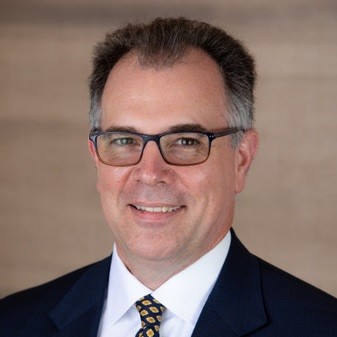 For decades, opioids routinely were prescribed to adults and children for dental procedures, and dentists were among the top prescribers of the drugs after family physicians.
For decades, opioids routinely were prescribed to adults and children for dental procedures, and dentists were among the top prescribers of the drugs after family physicians.
As the opioid crisis has underscored the need to be more judicious when prescribing the drugs, prescriptions for the powerful narcotics have fallen in recent years. Local dentists are increasingly finding alternatives to manage pain — and patients do not seem to mind.
“I found through my own experience treating patients at Children’s Hospital that we could take a non-opioid approach for pretty significant surgeries and patients have a more than adequate experience,” said McGowan Institute for Regenerative Medicine faculty member Bernard Costello, MD, DMD, FACS, Dean of Pitt’s School of Dental Medicine.
Emily Mullin, reporter for the Pittsburgh Post-Gazette, recently spoke with Dr. Costello about why dentists in Western Pa. and across the U.S. are prescribing fewer opioids.
Dr. Costello said he used to prescribe opioids to patients on a “just-in-case” basis so that they would have them on hand if needed. But now his thinking has shifted to a “break glass” approach, in which he only prescribes them after non-opioid medications do not work.
In 2019, Pitt Dental Medicine adopted opioid-free pain management guidelines for most procedures performed in its clinics. The guidelines consider severity, duration and individual risk considerations when prescribing pain medications for patients. In the first year after implementing the plan, opioid prescriptions fell by 54%, according to Dr. Costello. In the second year, they decreased by another 48%.
In December 2021, the dental school pledged that it would incorporate responsible pain management into student and resident training as part of their curriculum. Dr. Costello said training the next generation of dentists to use fewer opioids is key to preventing misuse of the drugs.
Read more…
